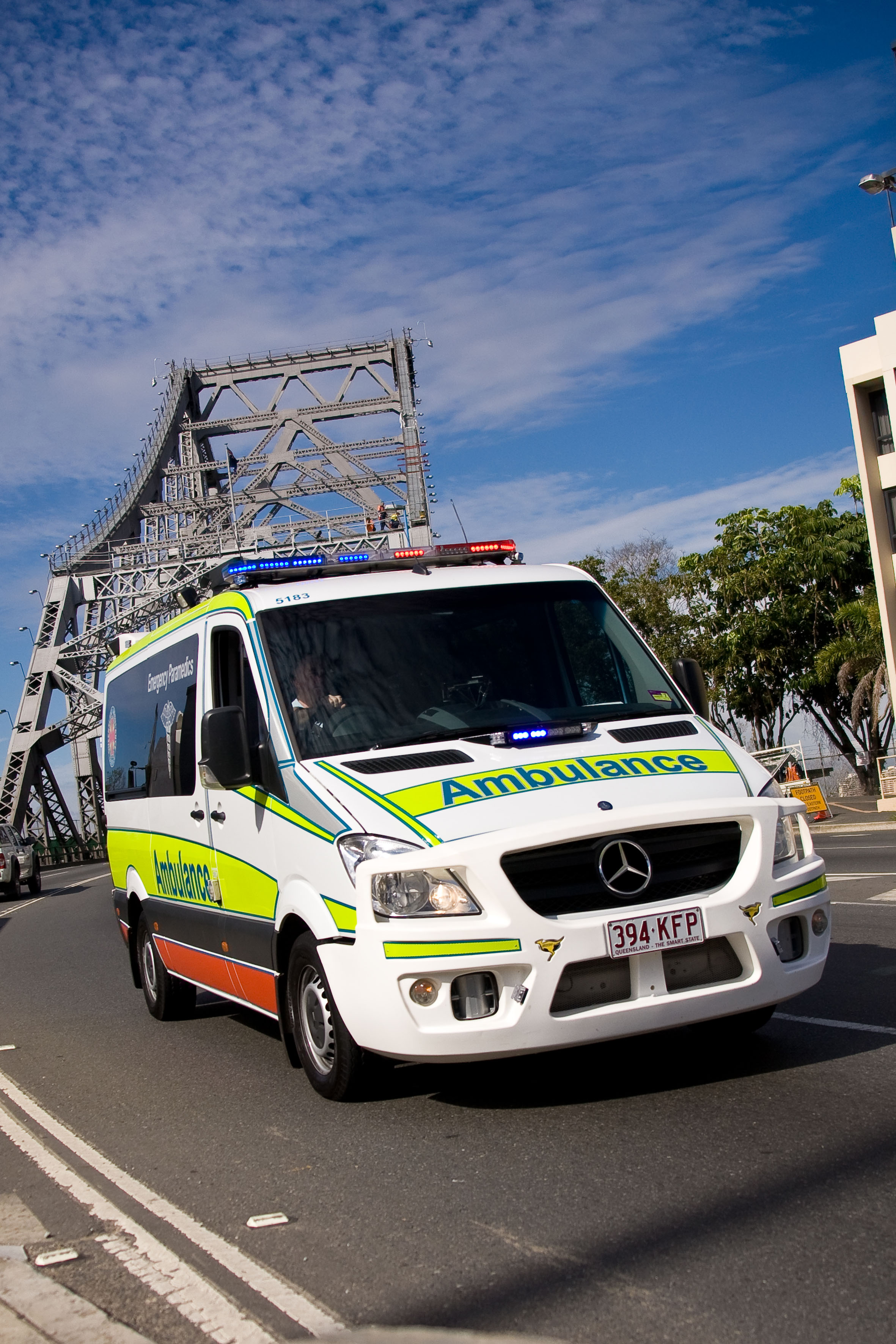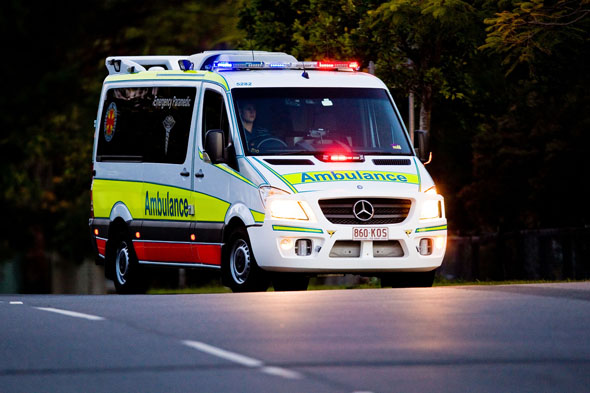
Weekends are no party for emergency workers
It's 3am on a Saturday morning in Fortitude Valley and droves of rowdy, alcohol-fuelled youngsters line the streets. As the masses jostle for position in cab lines and kebab queues, the potential exists for fights to break out. And they do. But what about the people who are sent out to save lives at the scene?

The Queensland Ambulance service attends to alcohol-fuelled violence every weekend.Photo supplied by QAS
It’s 3am on a Saturday morning in Fortitude Valley and droves of rowdy, alcohol-fuelled youngsters line the streets. As the masses jostle for position in cab lines and kebab queues, the potential exists for fights to break out.
And they do.
Indeed, “One Punch Can Kill” campaigners claim that hundreds of people every year are admitted to hospitals across Brisbane City – Royal Brisbane Hospital received almost 400 head trauma victims as a result of assault in 2010/11.
For emergency services personnel – police officers, paramedics, and even firefighters – weekends can potentially problematic when dealing with the boozy hoards.
Queensland Ambulance Service (QAS) spokesman, Tamani Nair, said that, unfortunately, paramedics in urban centres have come to expect to attend to any number of assaults over the course of a weekend.
“I think working as a paramedic, that’s just something that you come across – you know that from 5pm on a Friday night until 6am Monday morning, the potential exists for intoxicated people to fight each other and to do damage,” said Mr Nair.
Mr Nair said the wide range of injuries suffered as a result of assault included broken noses, fractured eye sockets – even brain and spinal damage in severe cases.
And while paramedics are ready for any eventuallity on any given day, often they turn out to cases that put their own safety at risk.
“Queensland Ambulance responds to symptoms rather than incidents – that is to say, we might get called to a 28-year-old man with lacerations to his face, potential head trauma and a broken hand, for example. We’re not necessarily made aware that we’re attending to someone who has been assaulted, though often you put two and two together,” said Mr Nair.
“Quite often paramedics are met at the scene by police, but if we’re first on the scene, the potential exists for our staff to suffer injury if the assailant is still around.
“Ambos are trained for most eventualities, but your own safety is certainly something you’d have in the back of your mind getting called to Fortitude Valley in the wee hours on a weekend.
“I know of paramedics who have been called to some grisly scenes, post-assault, and we have a counselling services in place for our staff who may need help dealing with what they have seen.”
Caitlin Major, from the Department of Community Safety, urged partygoers exercise common sense in the event of an assault.
“We just ask that if you see emergency services personnel attending to an incident at a spot in a nightclub district, you give them room to treat the patient – or patients,” said Ms Major.
“Unfortunately, we have had cases where onlookers have gathered – some even taken photos – and if paramedics, police, or even firefighters are attending to a protracted incident, they need to be able to work unhindered.
“We want people to go out and enjoy their night – but we also want them to make it home safely.
“As always, If you’re out and you think someone needs help, we urge you to call Triple Zero (000).”
